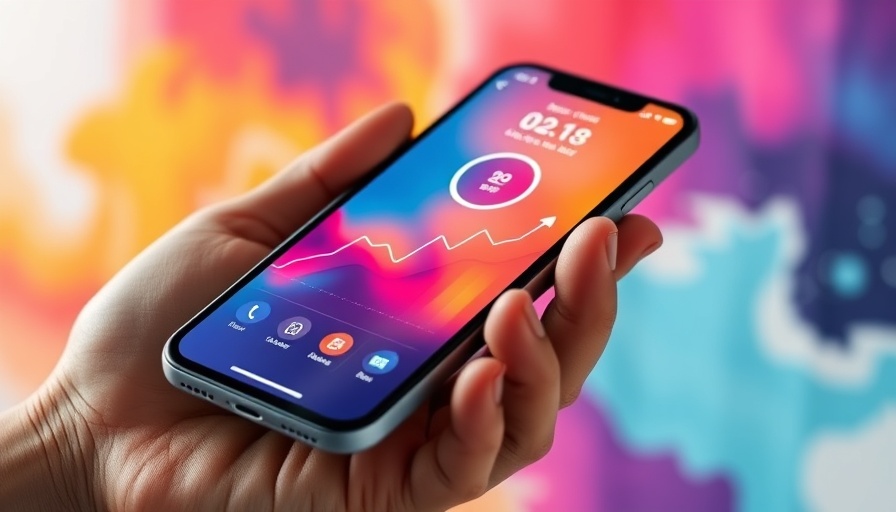
Why Is Your Internet Data Disappearing?
In Nigeria, where internet data is both precious and costly, users frequently complain about their data mysteriously vanishing. The notion that telecom providers are stealing data is prevalent, especially with providers like MTN dominating the industry. However, the real reasons your internet data seems to dwindle might be much closer to home.
Understanding the Data Drain
According to the Nigerian Communications Commission (NCC), complaints about data depletion are often due to user habits and device settings. As we stream videos and use multiple applications, we may unknowingly consume large quantities of data. For instance, mobile video calls can use around 150MB in just 10 minutes. Consequently, users might feel their data is vanishing despite having not used it much.
The Hidden App Usage
Interestingly, many data-heavy applications, like Instagram, TikTok, and Netflix, can operate in the background, consuming data without users realizing it. On faster networks, apps seamlessly update, send notifications, and autoplay videos in high definition. If you’ve ever wondered why your data disappears despite being careful, the answer might lie there.
Streaming and Gaming: Major Data Consumers
Streaming services and online gaming are two of the biggest culprits of data consumption. Watching a 4K movie can use up to 17.5GB, while engaging in a multiplayer game can consume enormous amounts of data during downloads or updates. As such, gamers may find themselves quickly depleting their data bundles.
Taking Control of Your Data
To combat data depletion, users can take proactive steps. Adjusting app settings, disabling automatic updates, and being mindful of your streaming quality can help save precious megabytes. It's essential for users, especially in the African tech space, to understand how their data is being consumed and to implement changes accordingly.
Path Forward: Embrace the Digital Transformation
As the digital landscape evolves in Africa, understanding data usage is crucial for businesses and consumers alike. With the rise of AI, fintech, and blockchain, users should be aware of how these technologies affect their daily internet consumption and the broader disruptive trends shaping Africa's technology sector.
 Add Row
Add Row  Add
Add 


Write A Comment